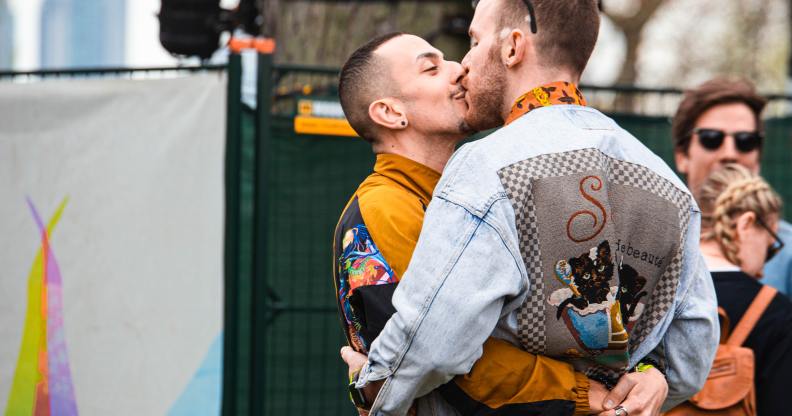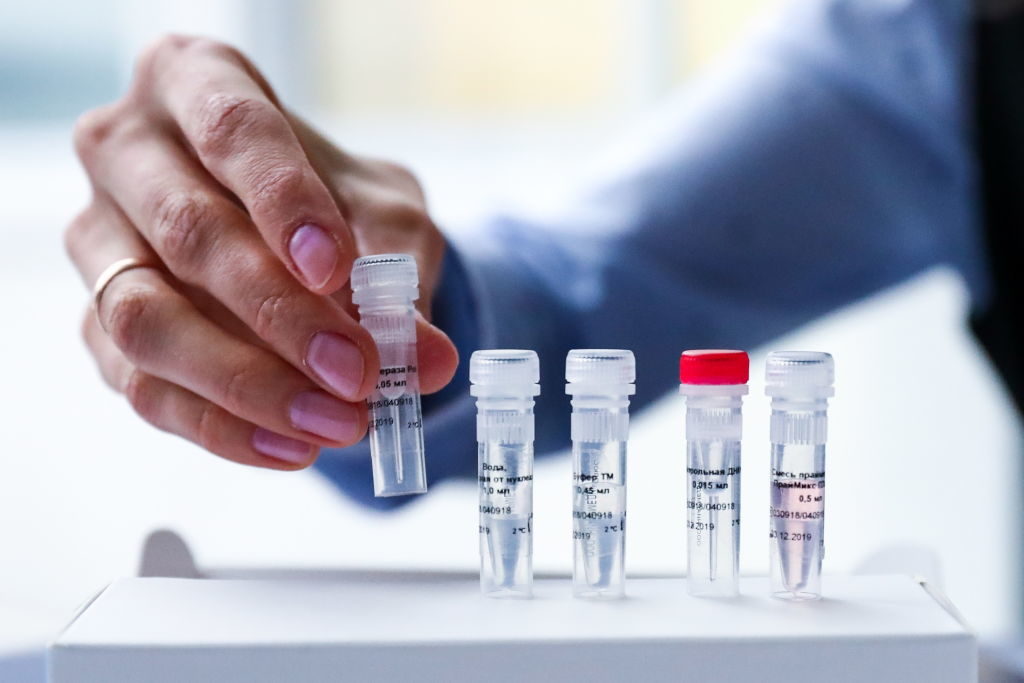Abhorrent app with alleged ties to Uganda falsely claims it can tell how gay you are

A new app is claiming to be able to predict how gay somebody is based on DNA (Pexels)
A new app is telling users that it can determine “how gay” they are by analysing their DNA – and it has links to Uganda.
One of the app’s developers Joel Bellenson is from Uganda, where officials are said to be planning to revive their controversial “Kill the Gays” bill, which would introduce the death penalty for gay people if passed.
Details of the app were exposed by Futurism, with journalist Emily Mullin reporting the developer’s link to Uganda.
Mullin wrote on Twitter: “Remember that study from August that attempted to link genetics and same-sex sexual behaviour? A startup called @InsolentAI has used the findings to create an app to estimate how gay you are.”
She then suggested that it is “not a huge leap to see how a polygenic test could be used to discriminate against people” or even possibly imprison them for their sexual orientation.
Meanwhile, TheNextWeb.com has suggested that the DNA data being collected is possibly being sold off for profit – a practice which has become common among many organisations in recent years.
App that claims to predict same-sex attraction with links to Uganda is unscientific and dangerous.
When users download the app, they are prompted to either have their DNA sequenced by third parties with the promise of finding out inherent truths about themselves – including their “gayness”.
Needless to say, the app is unscientific and seems to intentionally misinterpret a recent study to suggest that DNA can determine a person’s sexuality.
Remember that study from August that attempted to link genetics and same-sex sexual behaviour? A startup called @InsolentAI has used the findings to create an app to estimate how gay you are.
The app’s premise of predicting sexuality based on genetics stems from a scientific study released in August of this year that found that there is no such thing as a “gay gene”.
A petition has since been started asking GenePlaza to remove the app from its platform and has been signed almost 1,300 times.

Anton NovoderezhkinTASS via Getty
The largest study of its kind looked at the biological basis of sexual behaviour and found that there is no one gene that predicts sexuality – but they did find that genetics play a part.
Researchers analysed data from almost half a million people earlier this year to find out if there is a ‘gay gene’.
Researchers discovered that there are thousands of genetic variants that have small effects on same-sex behaviour. They also suggested that social and environmental factors also contribute.
They used data compiled from the UK Biobank and 23andMe to uncover genetic variants in gay people. They processed data from almost half a million people for the study.
They stressed that genetics cannot purely predict a person’s sexual identity and said there are no clear patterns among genetic variants that could meaningfully identify behaviour.
The question of genetics and homosexuality has plagued scientists and LGBT+ rights activists for decades.
Previously, researchers at Harvard and MIT Broad Institute found five markers that are more common in participants who have same-sex sexual partners.

